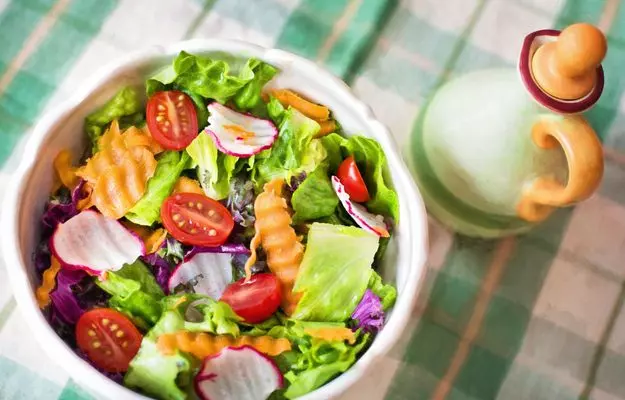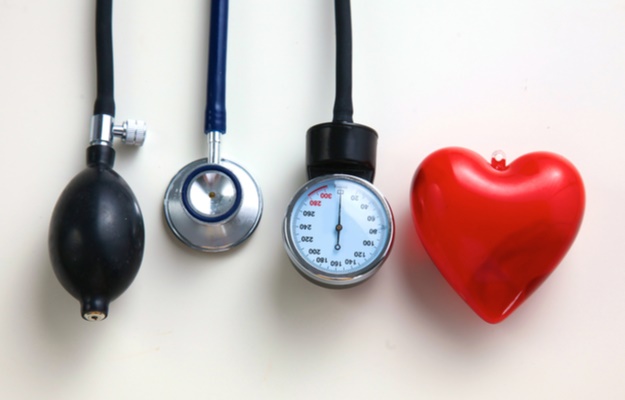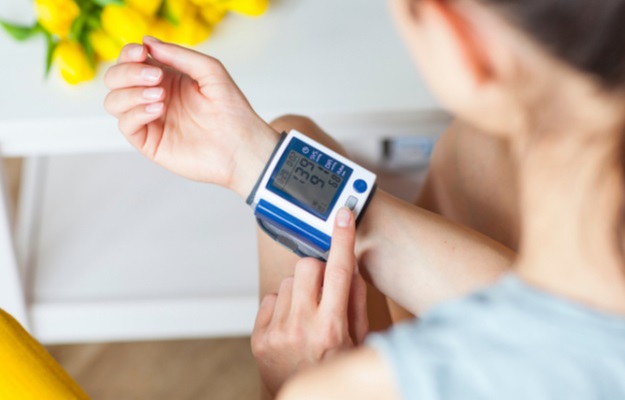High blood pressure is one of the most common public health problems in India owing to dietary and lifestyle factors. Normal blood pressure is expected to fall within the range of 120/80 mm of Hg. When systolic blood pressure rises above 140 mm of Hg and diastolic raises above 90 mm of Hg, it is considered to be in the hypertensive range.
Here is the complete detail about high blood pressure treatment.
Hypertension is a significant risk factor for cardiovascular diseases and stroke, and is yet considered to be highly modifiable. This implies that it is possible to reduce your risk of heart diseases by simple measures that cater to bring down your blood pressure. But, what are these measures? Inevitably, diet and physical activity are the major factors controlling your blood pressure and management of these will surely help.
Dietary measures to control hypertension include an increase in the intake of fresh fruits and vegetables along with fibers and a reduction in salt consumption. Studies also suggest that a diet rich in potassium is helpful in the management of high blood pressure.
Diet is such a major factor controlling hypertension that research studies have proposed a special type of diet called the DASH diet or Dietary Approach to Stop Hypertension for its management.
You’ll learn more about this diet and get a comprehensive picture of the kind of foods that you should be eating along with a list of foods that you must avoid to keep your blood pressure in check.
(Read More - Ayurvedic treatment for High BP)






























